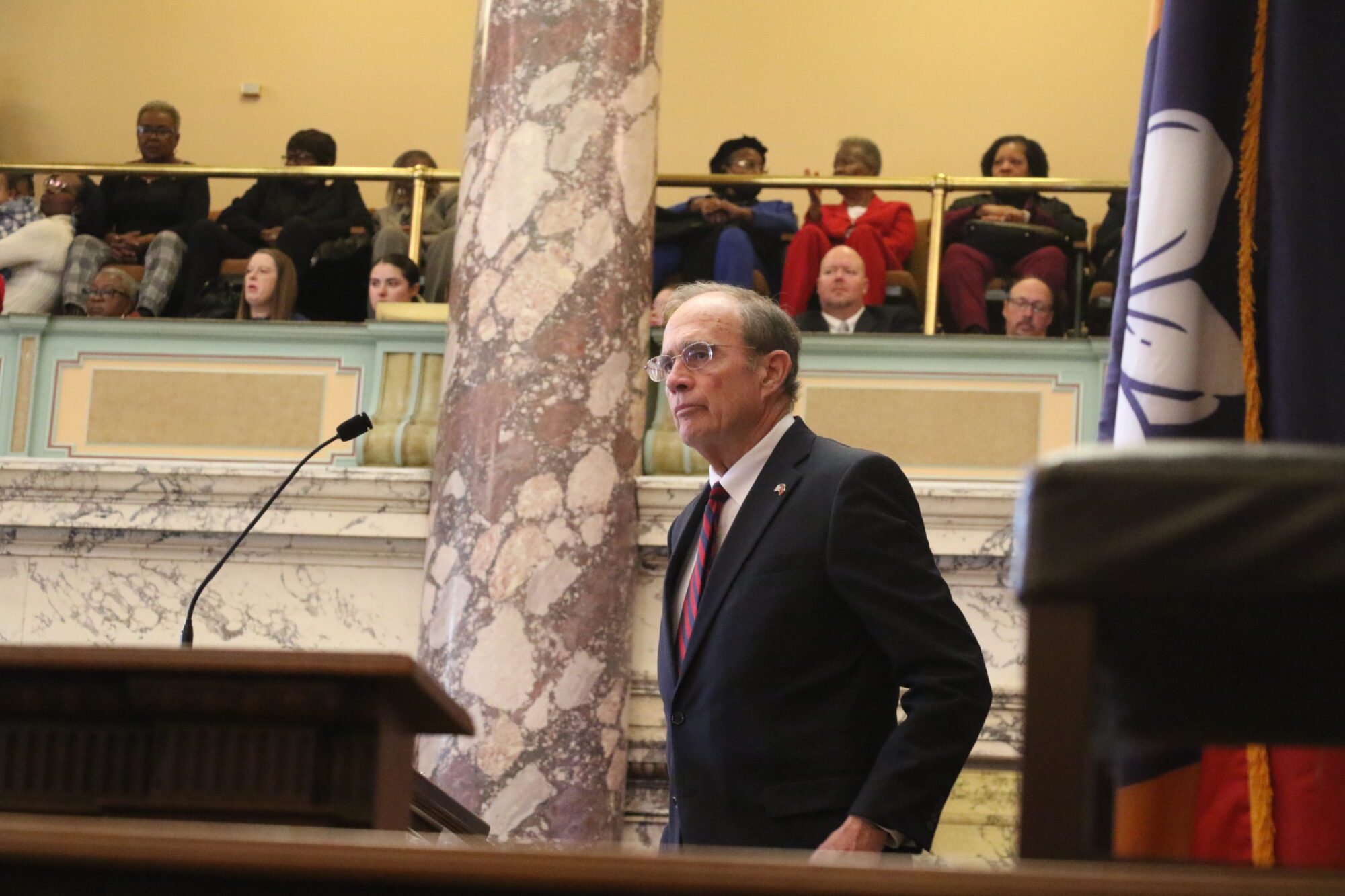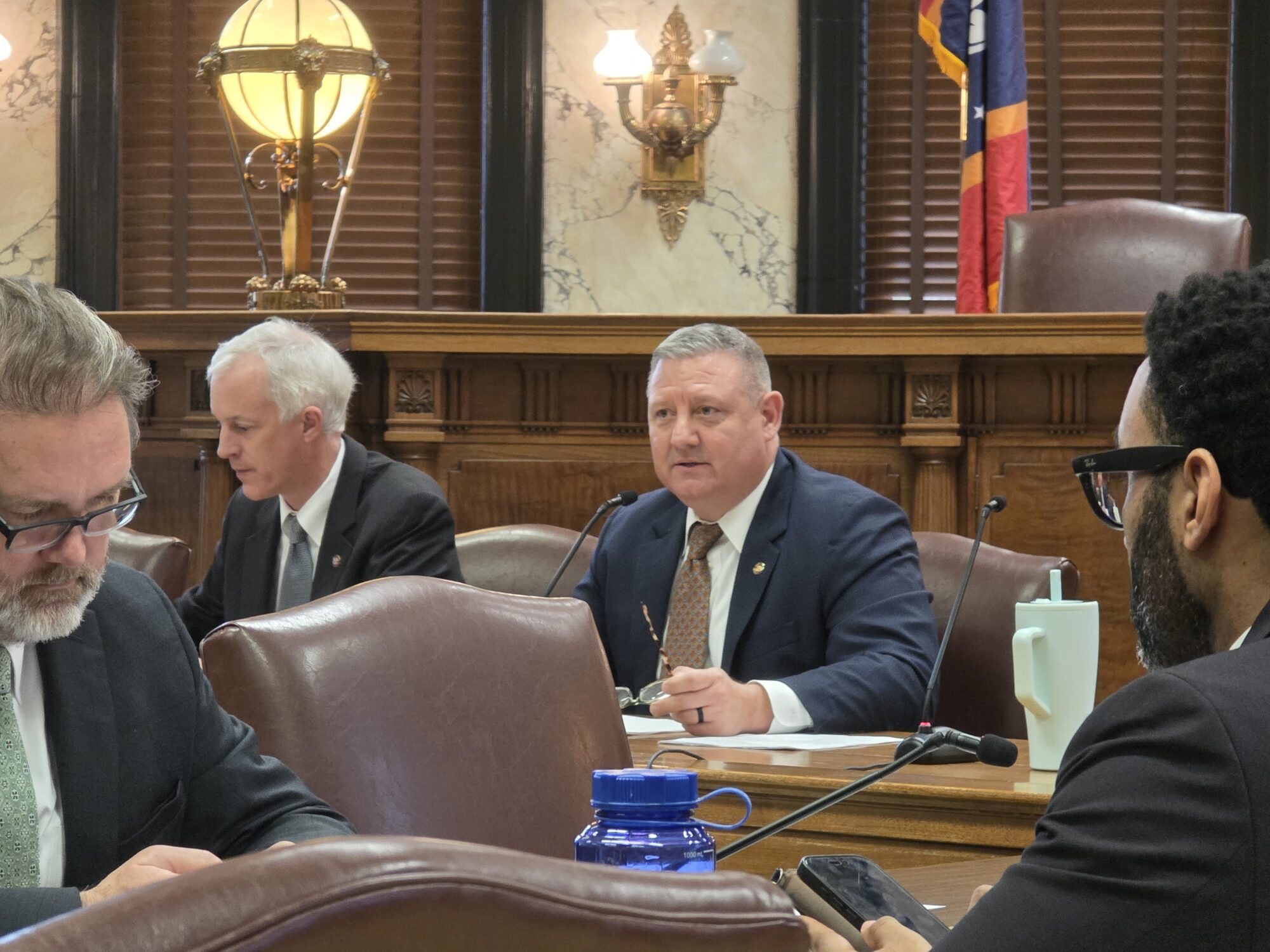Mississippi’s public schools, based on the accountability levels released last week, are showing some improvement.
Across the board, there were more good schools this year than the year before, and fewer substandard ones.
Despite that improvement, there are still hundreds of schools in this state that are not cutting it. More than four in 10 of the public schools are rated less than successful, and almost one in five are failing or close to it.
If any state needs a strong public alternative to the traditional public schools, it would be Mississippi.
Yet, thanks to the resistance of the House of Representatives, this state remains way behind the curve in the one innovation that has shown the capacity to actually rescue poor children from academic failure: charter schools.
Mississippi has a charter school law on the books, but it is a fraud.
The legislation, enacted during the 2010 session, actually made it less likely for a charter school to get started than was the case under the previous weak charter school law.
“There will be none under this law because the restrictions are too burdensome both for creating a school and operating it,” said Forest Thigpen, a charter school proponent and president of the Mississippi Center for Public Policy. “We had one (charter school) under the old system, and we’ve added burdens to that system.”
What makes a charter school work is autonomy. Real charter schools are free to experiment with curriculum, school calendars, personnel, discipline and anything else, provided they produce academic results.
Mississippi’s charter school law expects results, but it ties the hands of the charter schools from getting them. It requires a charter school’s financial decisions to be approved by the state Board of Education and, even worse, its administrative decisions to be approved by the local school board. Dysfunctional school boards will have no desire to see charter schools succeed, since that would underline their incompetence.
This bogus charter school law was the creation of the House leadership. Education Committee Chairman Cecil Brown’s role in the charade was a huge disappointment.
The Jackson Democrat has talked like a charter school proponent, but when it came time to put his words into action, he helped gut the reform. Thigpen would contend that Brown orchestrated the gutting.
Not only does the law hamstring a charter school once started, but it reduces the places where applications for charter status can even be made.
Only after a school has been failing or near failing for three consecutive years can parents of that school organize and apply for charter status. If a school lifts its head one year above the state’s two lowest ratings, the clock starts over again.
Opponents of charter schools have voiced two main fears: that charter school status would be used to funnel public funds to private schools, and that charter schools would drain money from school districts already struggling from reduced state appropriations.
Neither of those fears is legitimate. Good charter school laws have been adopted in other states and proposed in Mississippi that would prohibit private schools from directly or indirectly converting to charter status. And as for charter schools siphoning away money from other public schools, the only money they would get is what follows the students wherever they attend. Charter schools would get no public money for buildings or other capital expenses, unlike traditional public schools.
What’s hard to swallow from those who oppose charter schools, including most black lawmakers, is they profess to be looking after the best interests of the state’s poorest citizens. In fact, that’s whom they are most hurting. People of economic means can move where the public schools are better, or they can enroll their children in private schools. The children of the poor are stuck wherever the government tells them to go.
The Delta, home of Mississippi’s poorest families and the preponderance of its struggling schools, has a nearby example of the transformation a charter school can accomplish. In Helena and West Helena, Ark., KIPP (Knowledge Is Power Program) has been operating charter schools that cater to the demographics most often equated with academic failure. The KIPP students come largely from low-income, African-American, single-family homes. Yet, they are producing results that not only beat their like-situated counterparts in traditional public schools but compete favorably with students from well-to-do families. This past year, every member of KIPP’s first graduating class won acceptance to college.
KIPP is the shining model, with 82 charter schools around the country. Would every charter school produce similar results? Probably not. There are bad charter schools, too.
The difference, though, is when a charter school fails, it closes up. When regular public schools fail year after year, a few chairs get shuffled, but nothing really changes.
By: Tim Kalich is editor and publisher of the Greenwood Commonwealth.
Mississippi Center for Public Policy
10/6/10







